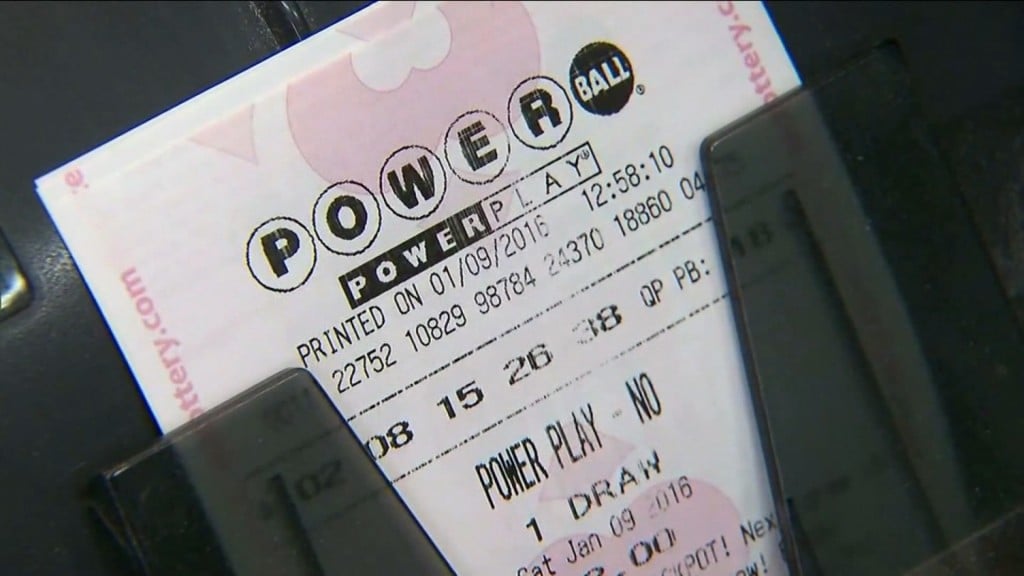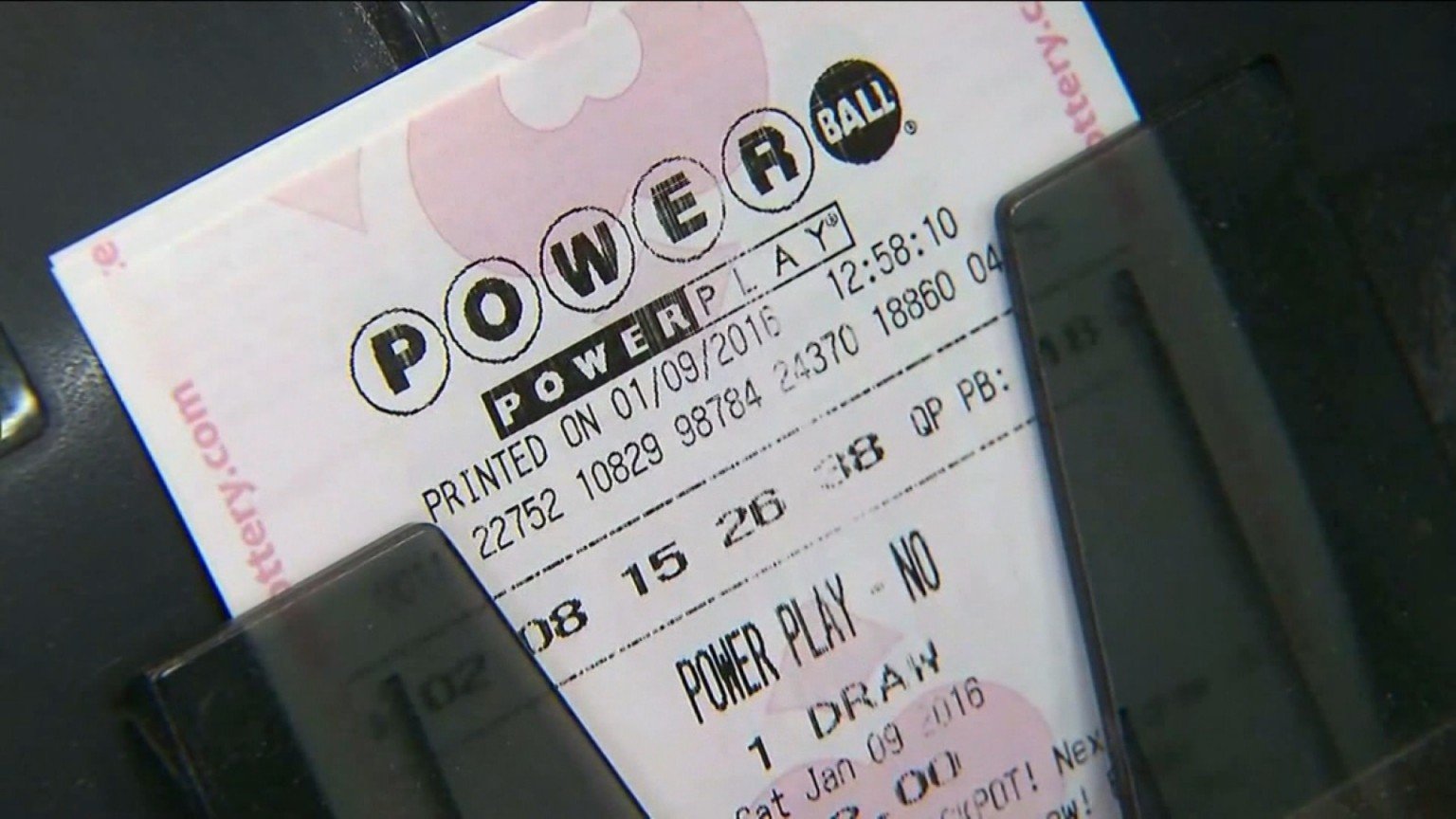
By WVUA 23 News Reporter Zoe Blair
Alabama’s 2024 legislative session adjourned Thursday with one major thread left hanging: A comprehensive gambling bill once again falling shy of Gov. Kay Ivey’s desk.
Odds of Ivey calling for a special session on the matter are next to zero, which means getting a lottery, sports betting or gambling of any kind in the state won’t be on the docket again until 2025 at the earliest. And that’s only if a bill makes it onto said docket.
The state has been back and forth over lottery legislation for decades, with the closest-ever effort shut down by voters in 1999.
Then-Gov. Don Siegelman ran for office in 1998 on a platform touting a lottery. His goal at the time? A mirror of the system successfully enacted in Georgia in 1993. That state’s system was all-in on education funding, with 100% of lottery proceeds going toward free pre-kindergarten education and college scholarships for Georgia students.
“The proposal that I made was a copycat of the Georgia Lottery that did not have anything to do with schools or sports betting,” Siegelman said. “It was strictly a lottery that would establish free early learning preschool for children so they could gain the intellectual ability to succeed in grades K through 12 and then to provide free technology, laptops for kids and free college education.”
Alabama’s House Bill 151, which stalled at 20 out of 21 votes in the Senate after passing the House, allowed for more than a lottery and would have sent revenue into areas outside education. Siegelman said that was his primary problem with the bill.
Some Tuscaloosans said they agree with Siegelman on where the money should be going, but they also have other ideas for the millions of dollars gaming legislation could bring.
“I think that more money for education would have been great, but it could also help with housing,” Tuscaloosa native Damien Chandler said. “Just because we have a lot of homeless here too. A lot of people stay on the street, and that lottery money could help find them housing to stay in.”
Other residents said the money would be useful if it went toward infrastructure and reproductive rights in addition to education.
According to recent numbers from the U.S. Bureau of Labor Statistics, Alabama ranks among the lowest states in the nation for labor participation. That means fewer Alabamians who are able to join the workforce are doing so.
Siegelman said many of those residents opting out of the workforce aren’t doing it by choice because many parents who can’t afford day care have no choice but to stay home with their children thanks to the high costs.
“If the legislature were to pass this, the money should be focused on providing every child the opportunity to reach their God-given potential through education,” Siegelman said. “That means free early learning and free preschool so parents can drop their kids off in the morning and pick them up in the afternoon knowing that they’re going to be better educated and better able to succeed in grades K through 12.”
Tuscaloosa resident Damien Chandler said the lack of child care is something a lottery could help solve.
“I think that would be fantastic if we had it,” Chandler said. “I have a lot of family and friends that have young kids, and they do struggle with having a place for their kids to go while they work. Sometimes they can’t work because they have to watch their kids.”
Siegelman said he believes the money should also benefit students later in their academic careers. The Georgia Lottery funds free higher education for anyone who maintains a B average throughout high school, including students attending community college or trade schools. That’s what Siegelman said he’d like to see in Alabama, too.
Where the money goes isn’t Siegelman’s only issue with the bill, he said. He also raised concerns about casino locations, gambling commissioner appointments, casino licensing and how the legislature votes on each form of gambling.
He said potential casino locations should be decided by free market economics, not politics. HB-151 contains seven predetermined locations for casinos based on existing dog racing properties throughout the state, including Greene County’s facility formerly called GreeneTrack.
“It makes no sense,” Siegelman said. “If you’re going to open the state up to casinos, then let the casino owners, the people who buy the licenses, work with elected officials in the district into which they wish to locate. For example, in Mobile, rather than locating on McDonald Road in Theodore, they might want to locate on the causeway between Mobile and Baldwin County. Instead of locating in Greene County next to the Mississippi line, they may want to locate on the Alabama River in Montgomery or Selma. They should be able to decide that.”
He also said the gaming commission and board of directors for the lottery should each be free from politics. Business-minded people should be on the board, he said, not current or former elected officials.
His final major concern with may bills that have come up on gambling is that they’re too broad, meaning they cover not only a lottery but casinos, bingo, sports betting and table games. It would be easier to pass bills focused on each form of gambling separately.
Siegelman said he sent a letter to the House Tourism Committee ahead of the 2024 Alabama legislative session outlining his concerns with the bill.
Ultimately, he said he hopes the legislature can bring a bill to the floor that will benefit Alabama where it’s needed most.
“My focus is really trying to take care of the kids and parents, working families,” Siegelman said. “I think if the legislature will focus on what working families are asking for, then they will come to the same conclusion, and that is that we need to provide the money to establish a free, early learning preschool for all children.”
